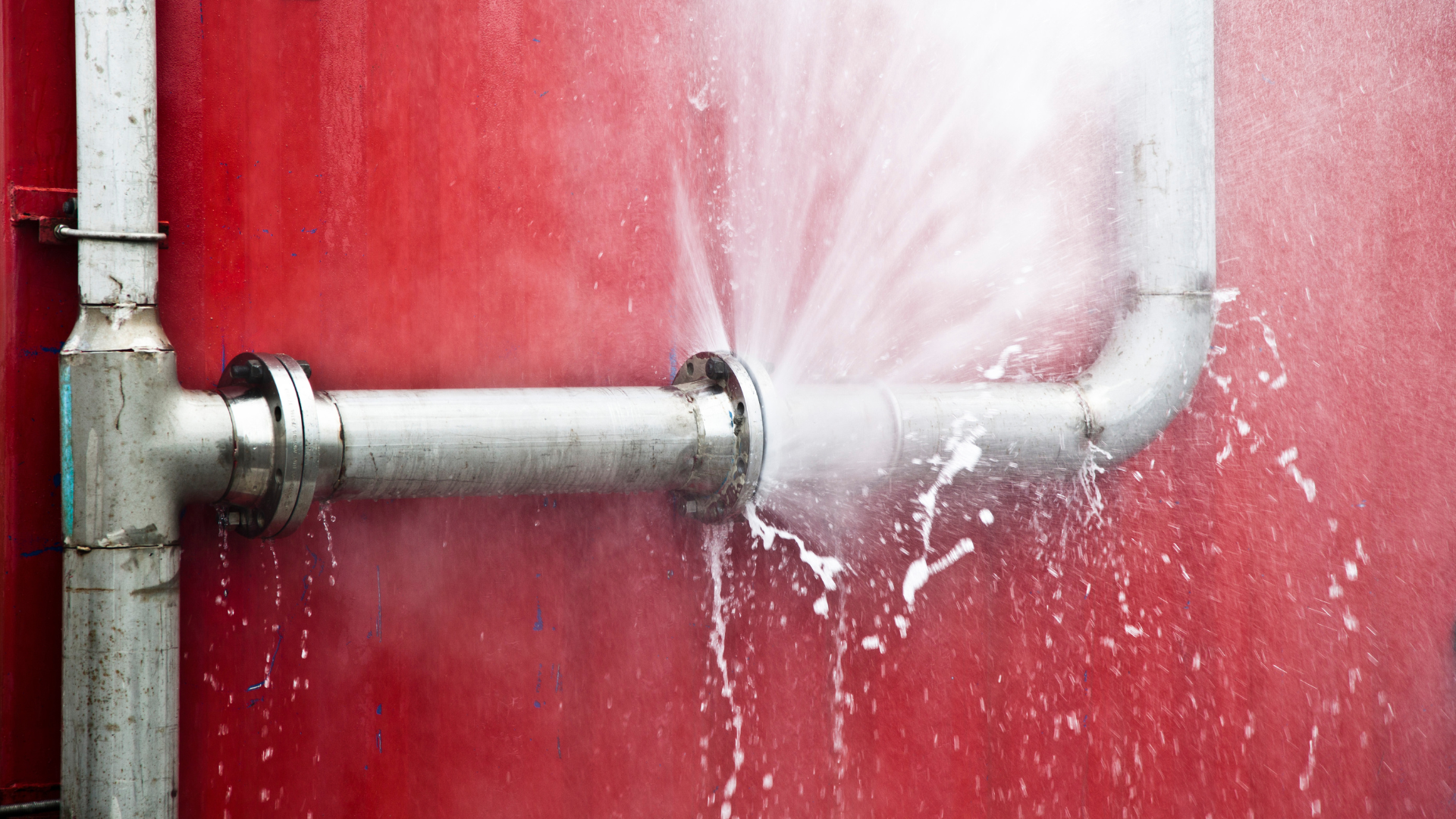Renovations in Houston: Can You Over-improve Your House? Alright, let's talk about something near and…

9 Inspections Every Buyer Should Consider
You have made an offer on a beautiful home and it has been accepted. Congratulations! You’re on the way to being a homeowner. Now, the real work begins. During your option period, it is suggested that you get the home inspected. A home inspection is not required, but every buyer should have one done. Inspections are the buyer’s responsibility and at the buyer’s expense. Here is a list of 9 inspections every buyer should consider.
General – The general inspection is the most common form of selection chosen by buyers. A general inspection is performed on nearly every home and evaluates structural systems, electrical systems, heating and cooling, plumbing systems, some appliances, and some optional systems. General inspections typically do not include pest, foundation or pool evaluations.
Pest/Termite – A pest/termite inspection is often referred to as a WDI (or wood destroying insects) inspection, and is often a supplemental inspection selected by buyers. This inspection tests for evidence of a previous or current infestation of termites, and may be conducted by a certified inspector or a pest control provider.
Foundation – A general inspector may notice breadcrumbs that point towards foundation issues, but only a foundation expert can confirm if there is a problem. A foundation expert can assess the structure, inform you of the severity and advise you on a course of action.
Pool – Most general inspectors do not inspect pools. You may want to know if there are any leaks or electrical failures. Many pool companies or pool supply stores have people qualified to conduct a pool inspection.
Stucco – Whether your home is made of stucco or EIFS, the concern most people have will be with moisture penetration. Some general contractors have tools and equipment to test for moisture, but most of them will not offer a definitive conclusion on the condition of the stucco. There are licensed stucco and EIFS inspectors that can offer a deeper, more thorough inspection.
Roof – Many general contractors do inspect roofs and will provide you with a good analysis of the condition. They check for leaks, vents that aren’t sealed well, and incorrect flashing. They also check for deterioration and damage from weather or trees. Occasionally, a general contractor cannot access the roof due to the height of the home or the pitch of the roof. This is when you want to hire a roof contractor to conduct a more thorough inspection.
HVAC – General contractors do evaluate the HVAC system! They will often tell you if there are leaks, overflow issues and if the AC isn’t cooling as intended. However, if an inspection report indicates there are problems with the HVAC system, you may want to hire a specialist to conduct a full evaluation. A licensed HVAC contractor will conduct a system evaluation and advise you of repairs needed.
Plumbing – If you are buying an old home, a plumbing inspection may be important to you. Many older homes have galvanized pipes, and they aren’t designed to last forever. Some general inspectors can test the water pressure which can indicate if the plumbing system needs attention. However, very few general inspectors offer this as part of their inspection package. If you are buying a home with galvanized pipes, it may be prudent to hire a licensed plumber for a more invasive check.
Mold – I mentioned before that general inspectors have tools to test for moisture penetration. If they detect moisture in the walls of a home, they will likely recommend a mold inspection. This inspection is conducted by a mold specialist in most cases. In few cases, a large inspection company might have an inspector certified in mold. To prevent unethical practices a company that assesses mold cannot offer mold remediation.
Are you ready to buy a home or looking for qualified home inspectors? Contact me today to get started. 832-513-9931




Comments (0)